
Multi-agency approach needed to combat the abuse and exploitation of young people by criminal gangs
NICCY has long expressed concern that, in the legacy of the conflict, children in communities…
Scroll down to find out more about this issue - including a summary for children and young people, background information including the relevant Children's Rights, how we are monitoring Government and our work in addressing the issue.
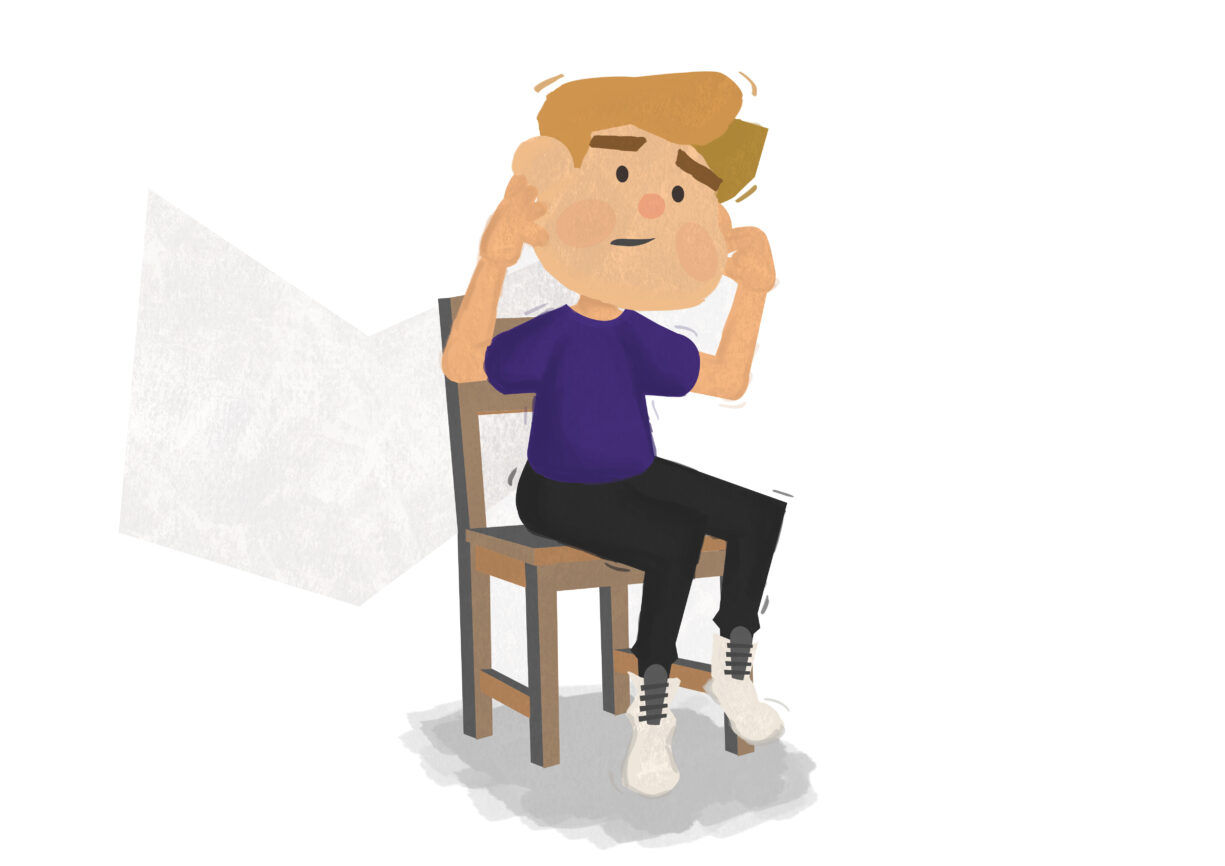
This topic covers some of the most fundamental rights for children and young people in Northern Ireland; rights to life, to protection from harm and violence, and special protection for some of the most vulnerable children, such as migrant, asylum seeking and refugee children. It is essential that children’s rights and best interests are fully realised in these areas.
To do this properly, Government and the organisations they run must support groups of children and young people who are likely to face barriers to enjoying their right to protection. Examples include; children living in homes affected by domestic abuse, drug or alcohol misuse, mental illness, children in care and children who are missing from home, school or care. Some of the work NICCY is currently doing in this area includes asking Government to set up a central hub (Barnahus) for children and young people who have experienced sexual violence, making sure protection for children and young people has not been impacted during the Covid pandemic and asking for children to be protected from assault in the home in the same way as adults are.
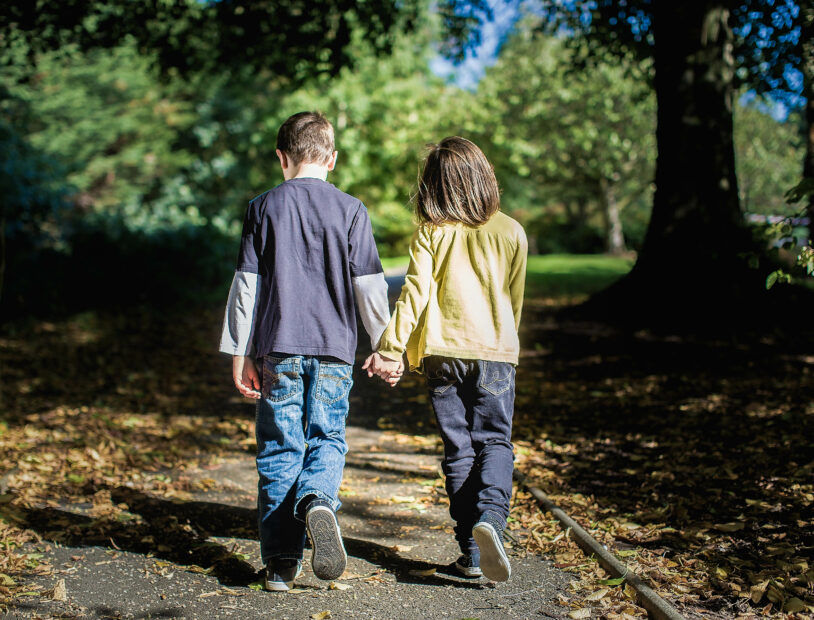
“Children have suffered adult violence unseen and unheard for centuries. Now that the scale and impact of all forms of violence against children is becoming better known they cannot be kept waiting any longer for the protection to which they have an unqualified right.” UN (2006) World Report on Violence against Children. Geneva: UN.
There are a wide range of UNCRC articles that address safeguarding and, together, these provide a full and integrated set of rights to protect children’s right to life, survival and development and to protect them from all forms of harm and violence, including emotional, physical, sexual abuse and neglect. These are some of the most fundamental rights that should be afforded to all children and young people in Northern Ireland and there is a weighty obligation on Government to ensure that children’s rights and best interests are fully realised across these areas.
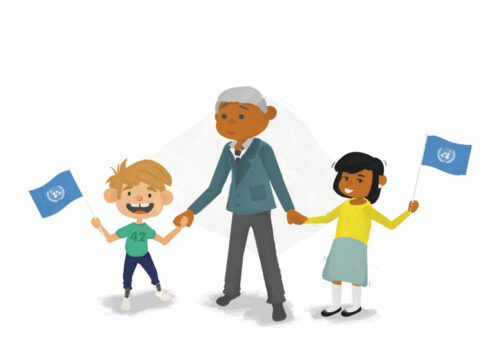 As set out in our legislation, all our work is underpinned by children’s rights, notably the UN Convention on the Rights of the Child, specifically here:
As set out in our legislation, all our work is underpinned by children’s rights, notably the UN Convention on the Rights of the Child, specifically here:
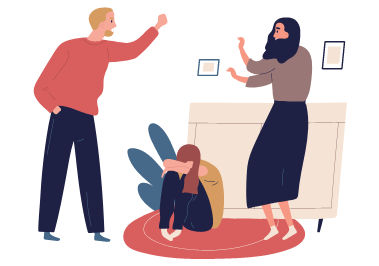
At 31 March 2021, 23,095 children in Northern Ireland were known to social care services as a child in need, 2,298 children were placed on the Child Protection Register and 3,530 children were in the care and health and social care agencies. Across the UK, Northern Ireland continues to have the highest rate per 10,000 of children placed on the Child Protection Register, with the majority of registrations being due to physical abuse, neglect or a combination of both. It is also important to remember that many more children not placed on the Register live in homes affected by domestic abuse and other forms of violence as well as in households where parental alcohol and substance use or parental mental ill health may be a significant factor.
The Northern Ireland Executive, departments and statutory agencies have been undertaken a range of activities to address concerns about how children and young people are safeguarded and supported and NICCY engages with government on many of these areas.
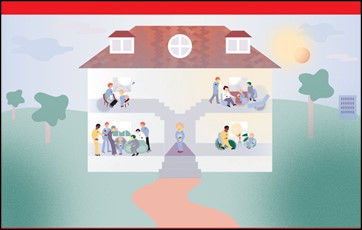 Children affected by sexual abuse
Children affected by sexual abuse
Implementing the Barnahus or Child House model for all children affected by sexual abuse in Northern Ireland is a key NICCY recommendation. The model, which operates in a wide range of European countries, seeks to ensure a child centred response to victims of child sexual abuse by providing child protection, medical, therapeutic and criminal justice processes within a single child friendly location (see ref here).
Our 2021 report Putting the Child at Centre looks in detail at the model and how it can be introduced in Northern Ireland.
You can find out more – A Barnahus Model for Northern Ireland
In line with the UNCRC and other human rights instruments, safeguarding protections should apply to all children and young people up to the age of 18 and protections should apply across all forms of violence and abuse. This is not currently the case in Northern Ireland.
NICCY has provided advice and recommendations to address this in the following areas:
“… you have to understand, that no one puts their children in a boat unless the water is safer than the land …” (see ref here)
The UNCRC is clear about the importance of governments affording special protection rights to groups of children, such as, asylum seeking and refugee children who are subject to immigration control.
Article 22
States Parties shall take appropriate measures to ensure that a child who is seeking refugee status or who is considered a refugee in accordance with applicable international or domestic law and procedures shall, whether unaccompanied or accompanied by his or her parents or by any other person, receive appropriate protection and humanitarian assistance in the enjoyment of applicable rights set forth in the present Convention and in other international human rights or humanitarian instruments to which the said States are Parties.
For this purpose, States Parties shall provide, as they consider appropriate, co-operation in any efforts by the United Nations and other competent intergovernmental organizations or non-governmental organizations co-operating with the United Nations to protect and assist such a child and to trace the parents or other members of the family of any refugee child in order to obtain information necessary for reunification with his or her family. In cases where no parents or other members of the family can be found, the child shall be accorded the same protection as any other child permanently or temporarily deprived of his or her family environment for any reason, as set forth in the present Convention.
The Committee’s 2016 Concluding Observations made a wide range of recommendations to the UK and devolved Governments including that: all asylum seeking and refugee children should be given support to access basic services; unaccompanied or separated children should have access to an independent Guardian and assessments where the age of a child is disputed should only be carried out when necessary; and that the UK Government should ensure that immigration law is compatible with the UNCRC.
Official figures indicate that from mid 2019-mid 2020 the number of people who left Northern Ireland exceeded the number who came to live here by 3,300. Across this period, 11,200 people came to the jurisdiction from outside the UK with those seeking asylum representing 10.8% of this total (see ref here). In relation to children, Northern Ireland continues the trend of seeing relatively low numbers of Separated or Unaccompanied Children compared to the rest of the UK and in 2019-2020, 39 Separated Children were identified and referred to health and social care (see ref here). In relation to trafficking and modern slavery, in 2021 244 potential adult and 38 potential child victims of trafficking and modern slavery in Northern Ireland were referred to the National Referral Mechanism with the vast majority holding a nationality from outside the UK or Ireland (see ref here).
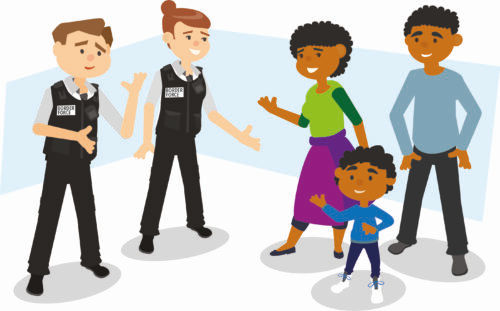 Recently, a range of significant developments have impacted on travel and migration patterns, including the COVID-19 pandemic and the UK’s Exit from the EU as well as events that have affected asylum and refugee movement, such as, regime change in Afghanistan and the invasion of Ukraine. While the UK continues to receive a smaller number of asylum seekers than other European countries, and within the UK, Northern Ireland receives a lower percentage of arrivals, systems in place have been under sustained pressure to ensure basic standards, such as access to appropriate accommodation, are being met. This has been the case for both Separated Children and children arriving with family members, where the use of contingency accommodation, particularly hotels, has been used to house families at a scale not previously seen in Northern Ireland. Children and families can also face barriers in other important areas, such as, accessing education and healthcare.
Recently, a range of significant developments have impacted on travel and migration patterns, including the COVID-19 pandemic and the UK’s Exit from the EU as well as events that have affected asylum and refugee movement, such as, regime change in Afghanistan and the invasion of Ukraine. While the UK continues to receive a smaller number of asylum seekers than other European countries, and within the UK, Northern Ireland receives a lower percentage of arrivals, systems in place have been under sustained pressure to ensure basic standards, such as access to appropriate accommodation, are being met. This has been the case for both Separated Children and children arriving with family members, where the use of contingency accommodation, particularly hotels, has been used to house families at a scale not previously seen in Northern Ireland. Children and families can also face barriers in other important areas, such as, accessing education and healthcare.
The UK Government and Home Office as well as a range of Northern Ireland Departments and statutory agencies hold statutory obligations to ensure that the rights and best interests of asylum seeking and refugee children are safeguarded. In Northern Ireland this has included providing Separated Children with access to an independent Guardian, which had been a key NICCY recommendation.
In 2022 the Commissioner called on government to take forward the following recommendations:
Implementing NICCY’s recommendations in A Hostile Environment: ensuring data is gathered on the number of children affected by NRPF; establishing clear referral pathways between Home Office and health and social care agencies; and assessing and addressing the needs of each child. See below for separate section text
Bringing forward a regional service model for Separated Children, supported by a Child Rights Impact Assessment.
Reviewing the use of contingency accommodation in Northern Ireland and ensuring children and families have access to appropriate housing which supports their right to family life and all other UNCRC rights.

NICCY has long expressed concern that, in the legacy of the conflict, children in communities…
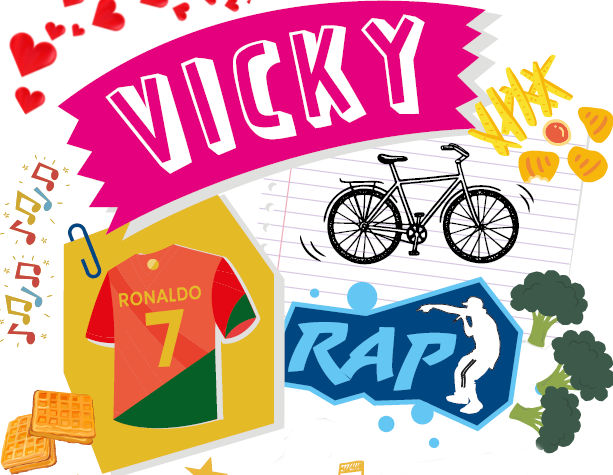
Persistent failings in the care of a young woman throughout her life must be addressed…
News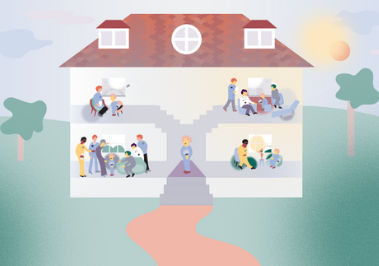
Ahead of launching “Putting the Child at the Centre - Barnahus (Children’s House) - a one door…
News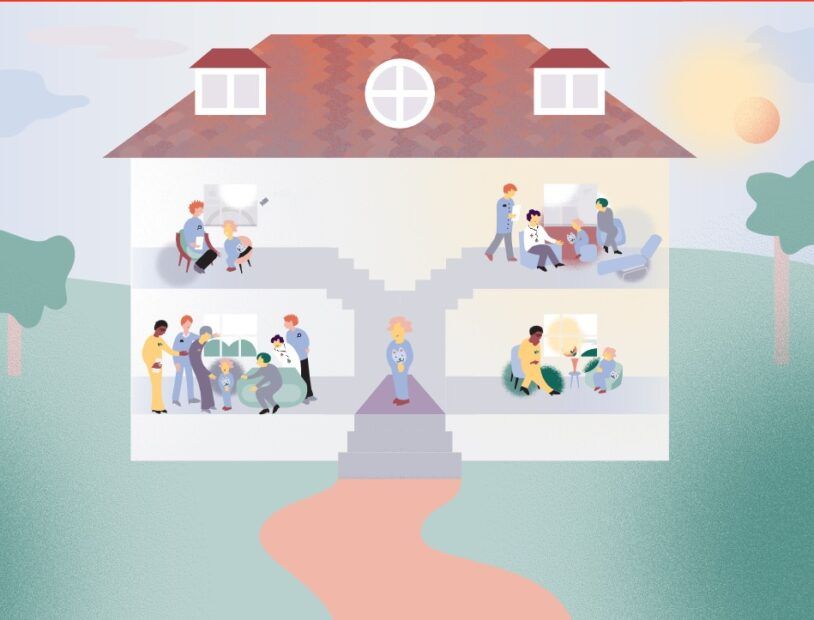
NICCY launched its assessment of how government is progressing with recommendations it made in ‘Putting…
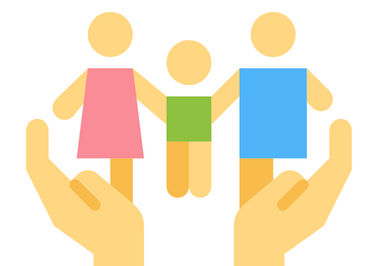
As you will be aware the Commissioner for Children and Young People (NICCY) was established…
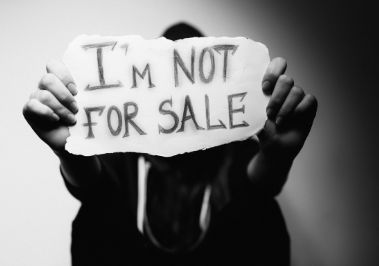
Modern Slavery and Human Trafficking
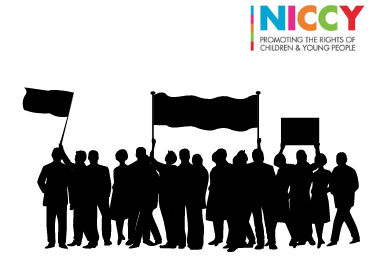
NICCY joined fellow Commissioners from Scotland and Wales to provide advice on the Human Rights…